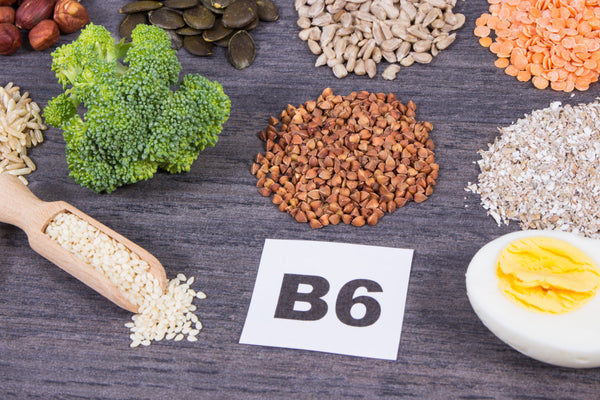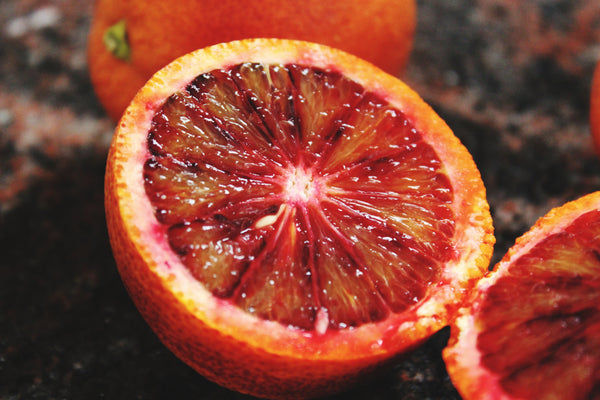
List of Carbohydrates that Cannot be Digested

Carbohydrates in your diet provide energy and provide structure to many molecules within your cells. They also play a role in maintaining digestive health and can even help lower your risk for certain diseases. Here's an explanation of the list of Carbohydrates that Cannot be Digested!
Read: Benefits, Functions and Food Sources of vitamin B2
The function of carbohydrates differs depending on whether the gastrointestinal system can digest the carbohydrates in question. Carbohydrates that cannot be digested are those that affect digestive health and your risk of disease.
List of Carbohydrates that Cannot be Digested
1. Resistant Starch
Resistant starch consists of the same type of starch molecules that are usually digestible by the gut, but remain resistant to the action of digestive enzymes. Foods that contain resistant starch include carbohydrate-rich vegetables and grains such as potatoes or pasta that have been left to cool after cooking. Raw cornflour, sourdough bread, and some unripe fruits also provide resistant starch in your diet.
Because they do not react to digestive enzymes, these carbohydrates are not broken down into simple sugars for absorption. Instead, they move into your large intestine undigested, where they mimic the effects of dietary fiber.
2. Soluble Fiber
Gums, pectins, and mucilages found in barley, oats, legumes, and fruits cannot be digested by the digestive tract because you lack the necessary enzymes to break them down.
This soluble fiber takes on a sticky consistency as it draws water while passing through your digestive tract, and in doing so, it slows down the transportation of food through the digestive tract.
This slower speed helps regulate how quickly your bloodstream absorbs nutrients such as glucose and cholesterol, which can help reduce your likelihood of developing diabetes and heart disease or help you manage these health issues if you already have them.
The soluble fiber you consume each day should be balanced with insoluble fiber in your diet to maximize the health benefits of both.
3. Insoluble Fiber
Just like soluble fiber, your body doesn't produce the enzymes needed to digest insoluble fiber. These carbohydrates - from hemicellulose, cellulose, and lignin in whole grains and vegetables - add bulk to the food passing through your digestive tract and stimulate the elimination of waste products from your large intestine.
In this way, insoluble fiber helps regulate your bowel movements and may reduce the occurrence of constipation and hemorrhoids. Additionally, moving waste out of your intestines more quickly can lower your risk of digestive diseases, such as colon cancer.
The increased volume associated with insoluble fiber can also help you feel satisfied and full from the food you eat, which can help prevent overeating and weight gain.
4. Sugar
Some carbohydrates you eat may not be digestible by the enzymes you produce but can be digested by bacteria that naturally live in your gut.
In lactose intolerance, for example, your body produces insufficient enzymes to digest this milk sugar, so it can pass through your large intestine undigested.
Other sugars, like raffinose in cabbage and broccoli, or sorbitol in apples and pears, can also pass through your intestines undigested. When bacteria digest these sugars, they can produce gas that causes mild to severe digestive upset.
Reducing or eliminating these foods from your diet may be the only way to avoid gut problems if eating them causes problems for you.





